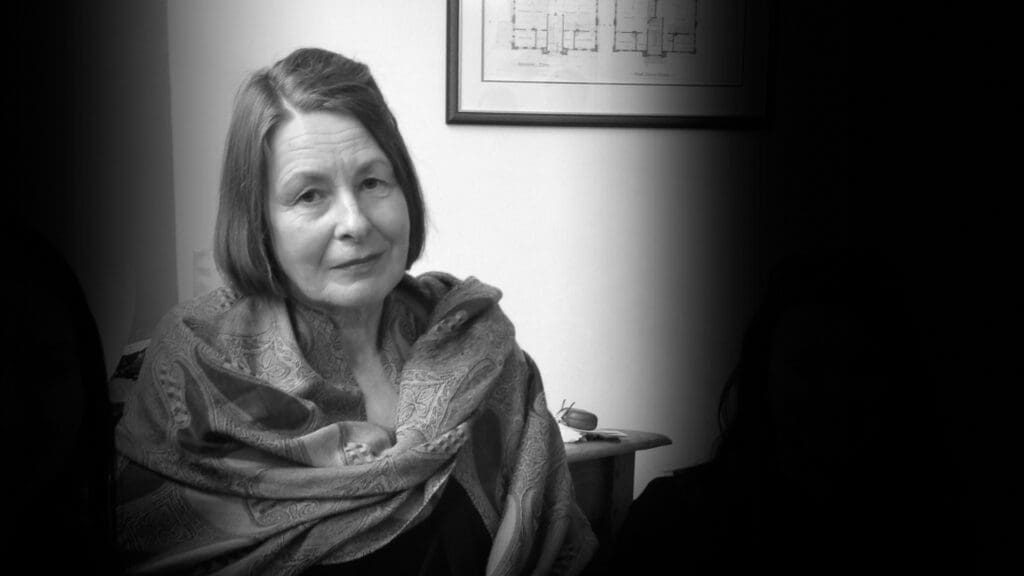Prosecution of war crimes whistleblower David McBride must be dropped
The Human Rights Law Centre and Australian Centre for International Justice are calling for an end to the unjust prosecution of war crimes whistleblower David McBride, as his whistleblowing defence hearing begins in Canberra on Thursday.
McBride is alleged to have blown the whistle to the ABC, in what led to the Afghan Files reporting, which uncovered allegations of war crimes committed by Australian special forces in Afghanistan. Similar allegations about unlawful killings of civilians were made in the Brereton Report in 2020.
McBride was subsequently charged with five offences, including the unauthorised disclosure of information, theft of Commonwealth property and three counts of breaching the Defence Act. The ABC was raided by federal police over the reporting, although prosecutors declined to proceed with a case against journalist Dan Oakes.
On Thursday, McBride’s trial will begin with a defence under the Public Interest Disclosure Act, the federal whistleblowing law, before a judge in the ACT Supreme Court. If McBride is unsuccessful in his defence, he will face a jury next year.
Kieran Pender, Senior Lawyer at the Human Rights Law Centre, said:
“David McBride is currently the only person facing prosecution for the alleged war crimes committed by Australian forces in Afghanistan. And he’s on trial for telling the truth about those allegations. There is no public interest in prosecuting whistleblowers. This case is unjust and anti-democratic.”
In July the Attorney-General, Mark Dreyfus KC, dropped the prosecution of Bernard Collaery following sustained pressure from advocates including the Human Rights Law Centre. The Human Rights Law Centre has repeatedly called on the Commonwealth Director of Public Prosecutions or the Attorney-General to use the same powers in the prosecution of McBride and discontinue the case.
“Dropping the case against David McBride is the right thing to do – there is no public interest in this prosecution. The Brereton Report underscored the importance of whistleblowing to its findings and the need for the Australian Defence Force to protect and empower whistleblowers. Instead, David McBride finds himself on trial. This ongoing prosecution makes a mockery of the Brereton Report and is a stain on Australia’s international reputation.”
McBride’s defence under whistleblowing law is only the second time the PID Act has been tested in this way. Earlier this month tax office whistleblower Richard Boyle also argued that the PID Act gave him immunity from criminal prosecution.
“The Boyle and McBride cases highlight the failings of Australia’s whistleblowing laws. If the PID Act was working, neither would be on trial. The Attorney-General has admitted the PID Act is broken and needs to be fixed, but is consigning these two brave whistleblowers to their fate reliant on a faulty shield.
“The Australian government must drop these prosecutions, fix the law and establish a whistleblower protection authority. Whistleblowers make Australia a better place. They should be protected, not prosecuted.”
Fiona Nelson, Acting Executive Director at the Australian Centre for International Justice, said:
“Australia owes a debt of gratitude to all those who worked to bring evidence of war crimes to light, including whistleblowers like David McBride. Whistleblowers and journalists, along with survivors and civil society groups from Afghanistan, faced real adversity in getting the word out about what members of the Australian special forces were doing in Afghanistan.
The Australian government needs to show a genuine commitment to addressing breaches of the laws of war and to the full public disclosure of the truth of the Australian military’s involvement in Afghanistan. Prosecuting the whistleblowers completely undermines any such commitment.
“David McBride’s case should be dropped and Australia should get back to the real work of investigating war crimes and honestly reckoning with its engagement in Afghanistan.”
Kieran Pender will be speaking at a rally outside the ACT Supreme Court at 9am on Thursday 27 October, ahead of the opening day of the trial.
The Human Rights Law Centre has developed an explainer webpage detailing the prosecutions of David McBride and Richard Boyle.
Media contact:
Michelle Bennett, Engagement Director, 0419 100 519, michelle.bennett@hrlc.org.au
Media Enquiries
Chandi Bates
Media and Communications Manager

Legal challenge filed against Tasmanian Parole Board’s decision to gag free speech
The Human Rights Law Centre has filed legal proceedings on behalf of Tasmanian grandmother, Susan Neill-Fraser, to challenge a restrictive parole condition placed on her by the Tasmanian Parole Board seeking to limit her ability to speak to the media.
Read more
University of Melbourne urged to drop repressive anti-protest and surveillance policies
The University of Melbourne is being urged to abandon policy changes that restrict staff and students’ right to protest and permit the widespread surveillance of people using their wifi network.
Read more
Expanded protections for marginalised groups welcomed in Allan Government’s anti-vilification laws
The Human Rights Law Centre welcomes the additional protections for marginalised groups in anti-vilification laws passed today by the Allan Government. These laws expand protections from vilification to include people from LGBTIQA+ and disability communities, and provide communities with important civil law avenues to address vilification.
Read more


